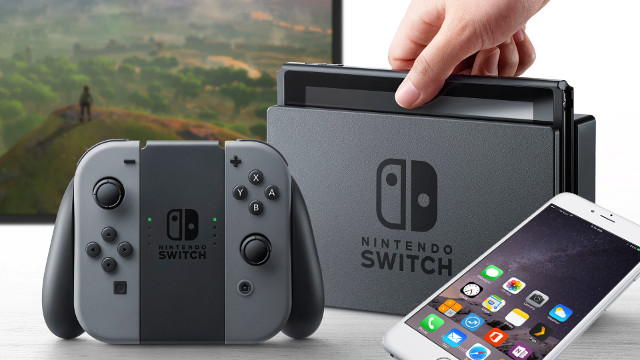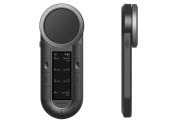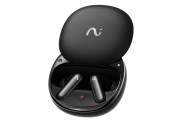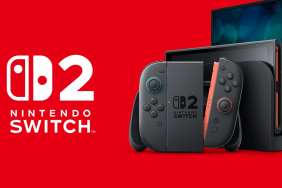Nintendo is selling its upcoming Switch as a modular console. Not only does its controller break apart into three pieces, but the console itself can be separated from its dock.
This modularity introduces complexity in the form of many parts, a quality usually not synonymous with a Nintendo console. Many consumers have been forgiving of its complicated console structure, knowing that it's a requirement to support the hybrid experience it provides. However, that absolution dissipated this morning with news of mandatory smartphone integration with the Switch.
Initially teased during last week's Nintendo Switch presentation, Nintendo's upcoming smartphone integration for the console will play a significant role in its behavior. Speaking to GameSpot, Nintendo president Reggie Fils Aime shared "that's how you'll voice chat, that's how you'll do your matchmaking, and create your lobby".
Reggie would go on to describe that the smartphone integration will be of particular importance when the Switch is used in online multiplayer scenarios, as there is no microphone or 3.5mm jack on the controller
It's estimated that two billion people around the world own a smartphone, allowing these features to be something that a large portion of consumers can utilize. Though, it's not accessibility that's causing a stir among gamers.

This isn't the first time that a console manufacturer has invested in smartphone integration. It wasn't long ago that Microsoft introduced Xbox One Smartglass shortly after the launch of the Xbox One. Although considered a novel idea, in practice it was cumbersome. It was common to experience lag during input and initial connection. It would also malfunction regularly during use, requiring the user to reboot the software to correct the issue. Most users gave up on the app altogether despite its proposed benefits for menu navigation and communication.
The Switch might not suffer from these technological problems, but it will certainly have to deal with quality of life issues. The moment you have to pull out your Smartphone and use it as part of the experience you're introducing additional complexity; that's another device to worry about and another battery being drained.
Also, how many consumers regularly use their smartphone for other things while they're gaming, whether it's for news or chatting with friends? Having your smartphone preoccupied with playing voice chat and serving as an interface for vital console interactions means you'll have to minimize the app to use other smartphone functionality, preventing access to Switch features in the process.
To make matters worse, Nintendo will be transitioning to a mandatory paid subscription model later this year after a short free introductory period. Nintendo has already shared what the service will gate access to, as described in the chart below.
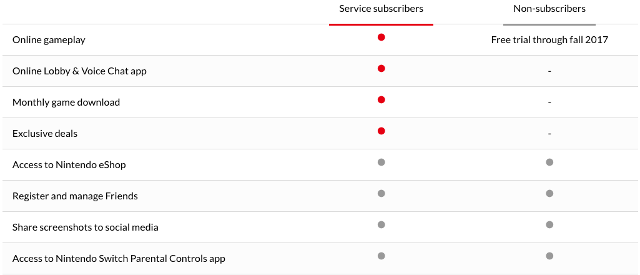
Notice that online lobby & voice chat is only available to service subscribers. This is the proposed smartphone functionality. Yes, you'll be paying a premium to use what many gamers are already saying they don't want.
Nintendo says that it doesn't plan to have the app ready until a few months after launch. Given the backlash seen on social media and forums it's now facing a very different reality than it anticipated; what it saw as investment in ambition may prove disastrous. At this point it'll be important for the company to showcase the feature and further explain its online multiplayer structure to cut the growing speculation that's effectively engulfed Switch discussion this week.
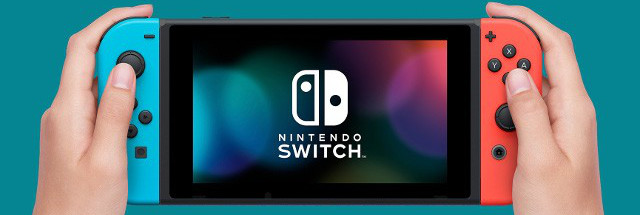
Check Out More Nintendo Switch Coverage On GameRevolution:
- Should You Sell Your Wii U?
- The Unknowns of the Switch
- Complete List of Switch Games
- Switch Is Bringing Back Motion Controls
- A Look At the Switch's Smartphone Integration
- 5 Things We Learned About Super Mario Odyssey
5 Things About The Nintendo Switch That Shouldn't Make You Panic
-
5 Things About The Nintendo Switch That Shouldn\'t Make You Panic
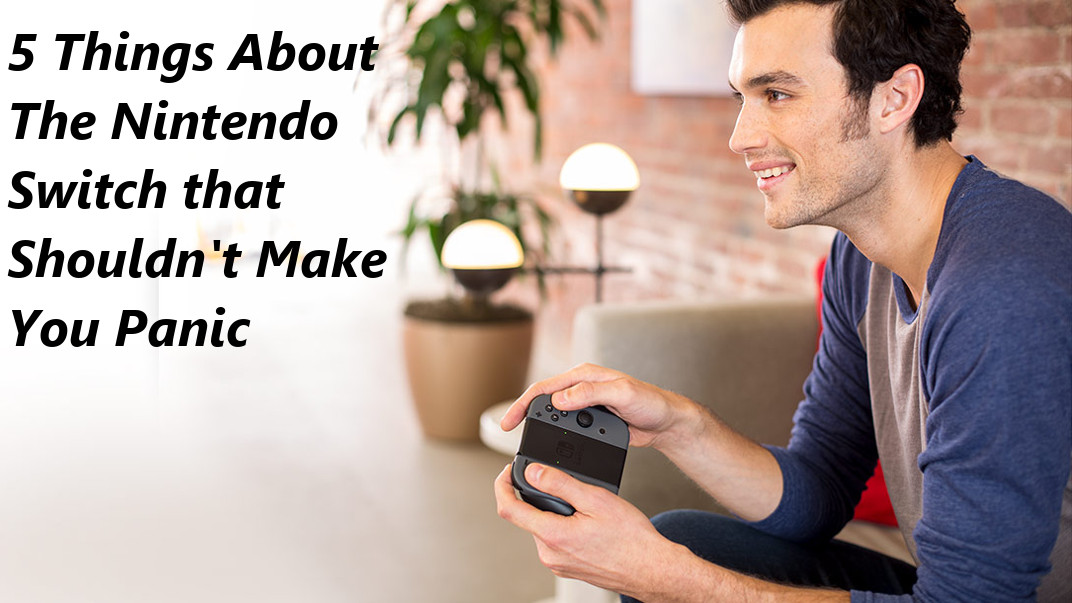
-
Motion Controls
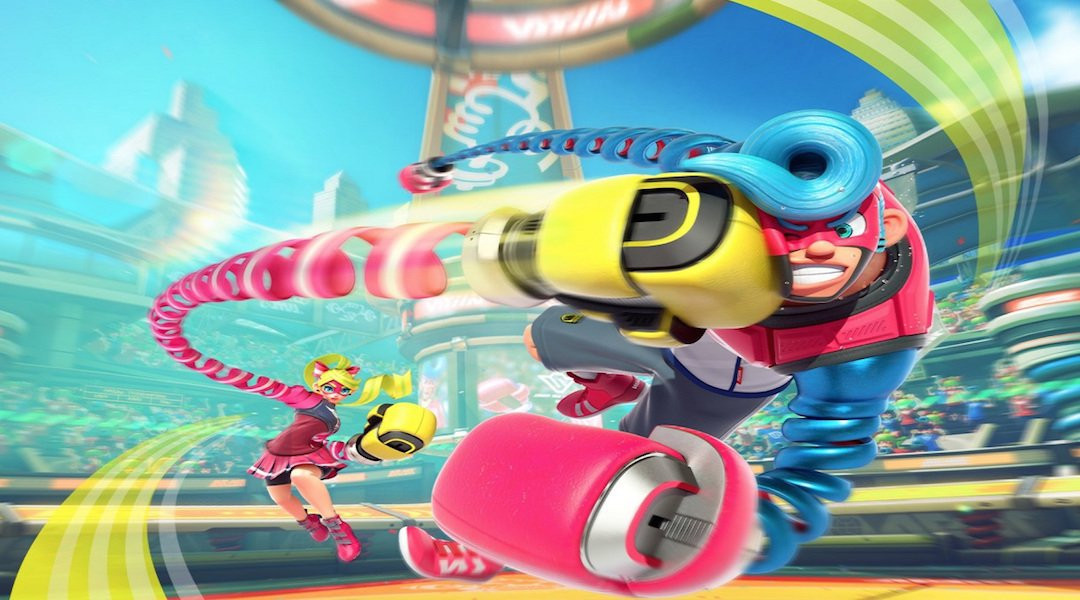
Many people (let’s call them “haters”) were upset that Nintendo continues to pursue motion-based controls with the Switch. While I wasn’t the biggest fan of how Nintendo revealed and dwelled on this aspect (showing how a JoyCon controller could feel like a glass with ice cubes in it isn’t exactly a console-seller), I don’t think that’s enough reason to write off motion controls entirely.
rn
rnFor all the Wii U’s failings, it had some truly great games, and many of them adequately made use of motion-based controls. It’s a gimmick, but gimmick does not automatically mean bad, and the use of motion controls doesn’t spell panic for me, just yet.
rn
rnAnd, many games, such as ARMS, will not require the use of motion controls, anyhow. So, if you don't like it, don't use it. -
Joy Con Charging Grip
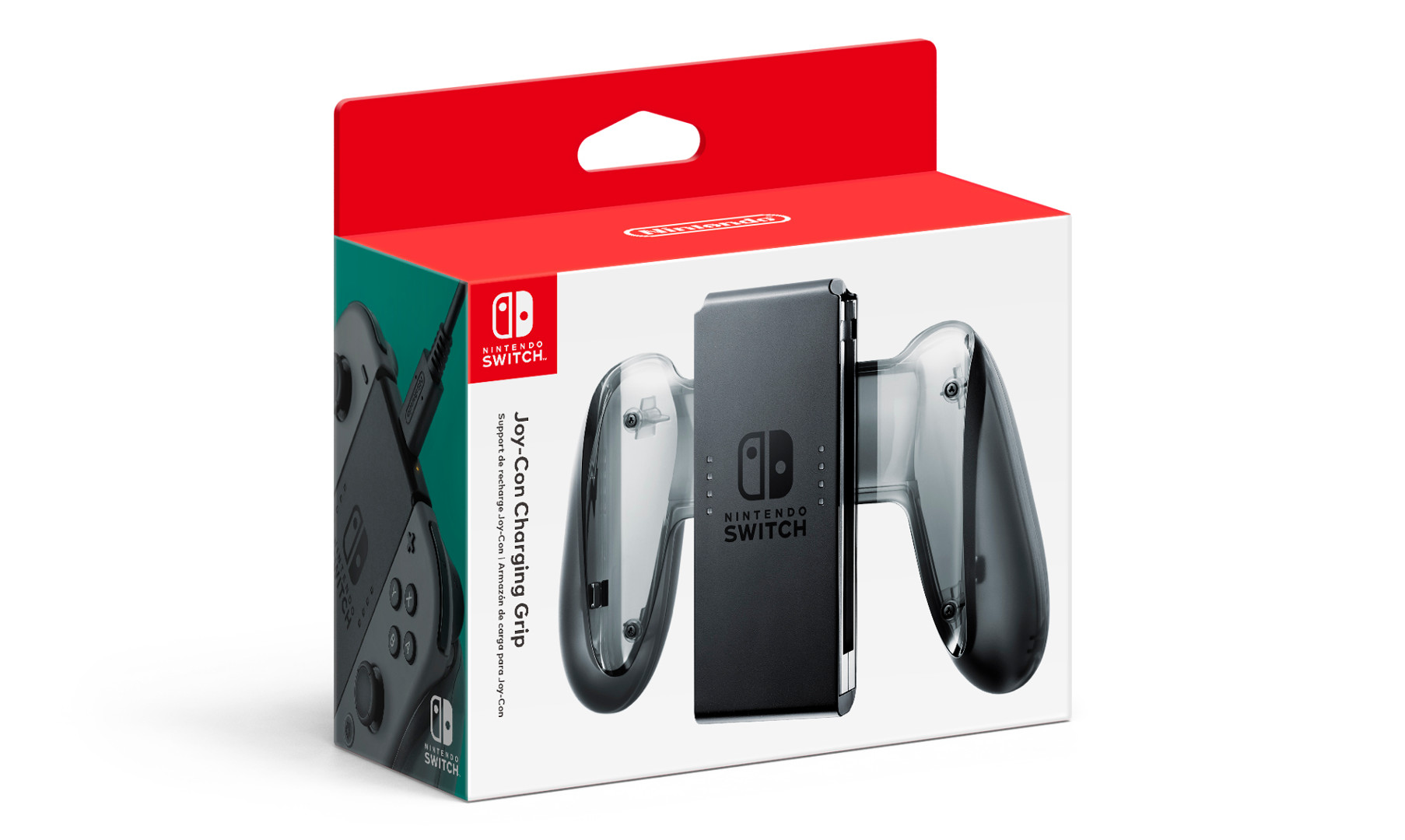
A lot of headlines are being made right now about the Joy Con charging grip, a $28 accessory that charges your JoyCon controllers. The JoyCon grip that comes with the console does not charge the JoyCon controllers. Obviously, the prospect of having to pay upwards of $30 extra just to be able to charge the very things I need to use the console in any capacity should be concerning. So why aren’t we concerned?
rn
rnGameRevolution saw this story very early on, before it was being widely reported, and we weren’t impressed. Upon further research, the JoyCon controllers will charge when they are attached to the console itself (whenever it’s in handheld mode), and the battery life of each JoyCon has been reported as around 20 hours.
rn
rnWhile the JoyCon charging grip would be a nice accessory, it’s just that: an accessory. If Nintendo was asking that you pay extra for a necessary feature, we’d be just as upset as everyone else. -
Super Mario Odyssey
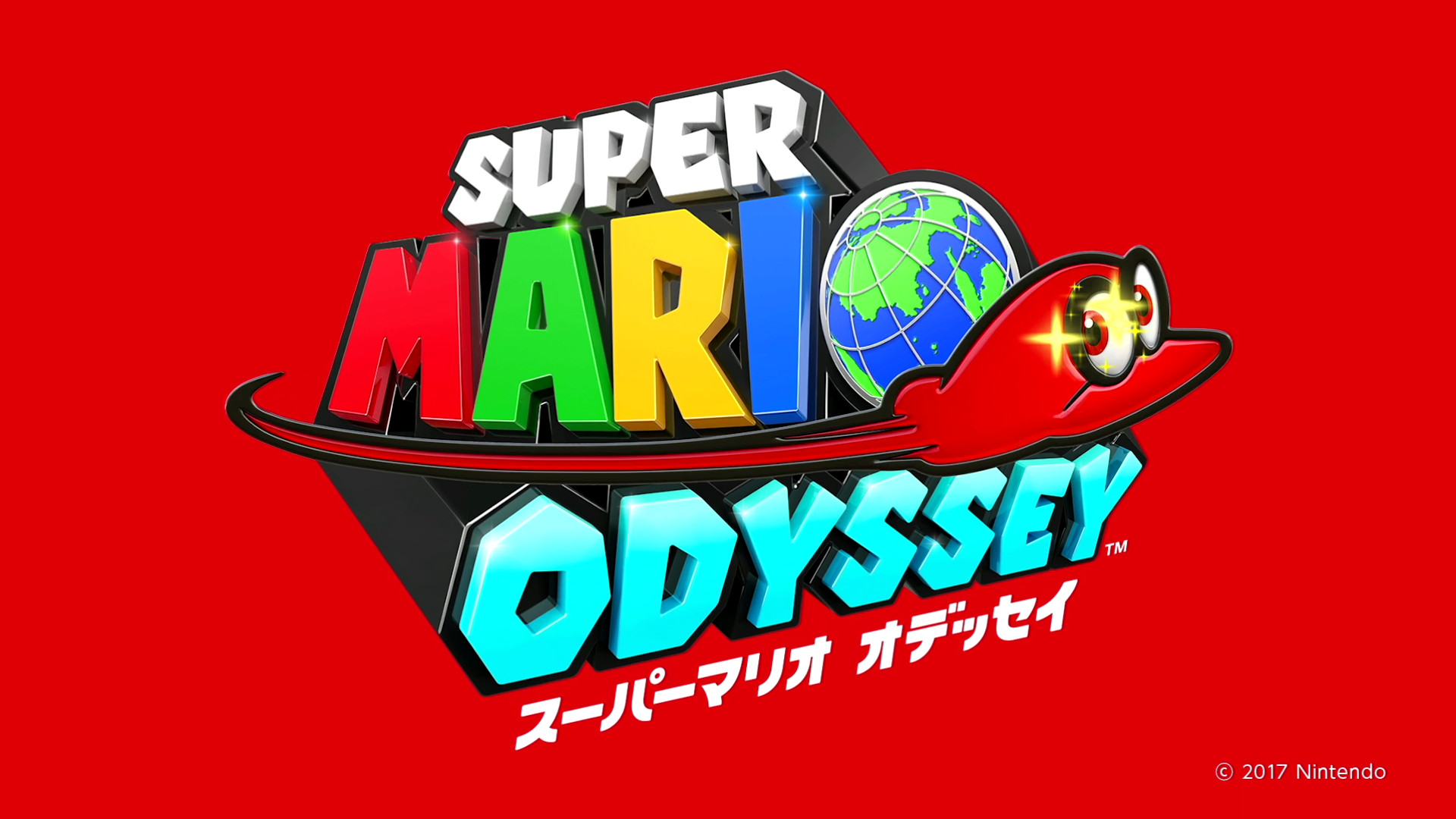
Sure, we already covered the lineup of the Nintendo Switch as a reason not to panic, but Super Mario Odyssey has been a surprising target of backlash at this point.
rn
rnThe chief complaint? “It’s just Sonic 2006!” Near as I can figure, though, the comparison is being made because they both have a city level … and that’s it. Really? I didn’t know Sonic 2006 had a patent on retro platformers in a city setting, and I certainly didn’t think that it would be so abiding that people look to it as the bastion of city-based retro platformers.
rn
rnIf I overlooked an element here, please let me know, but I am not impressed with any comparisons thus far, beyond one out of the dozen or so different levels sure to be in Super Mario Odyssey. -
Games Lineup
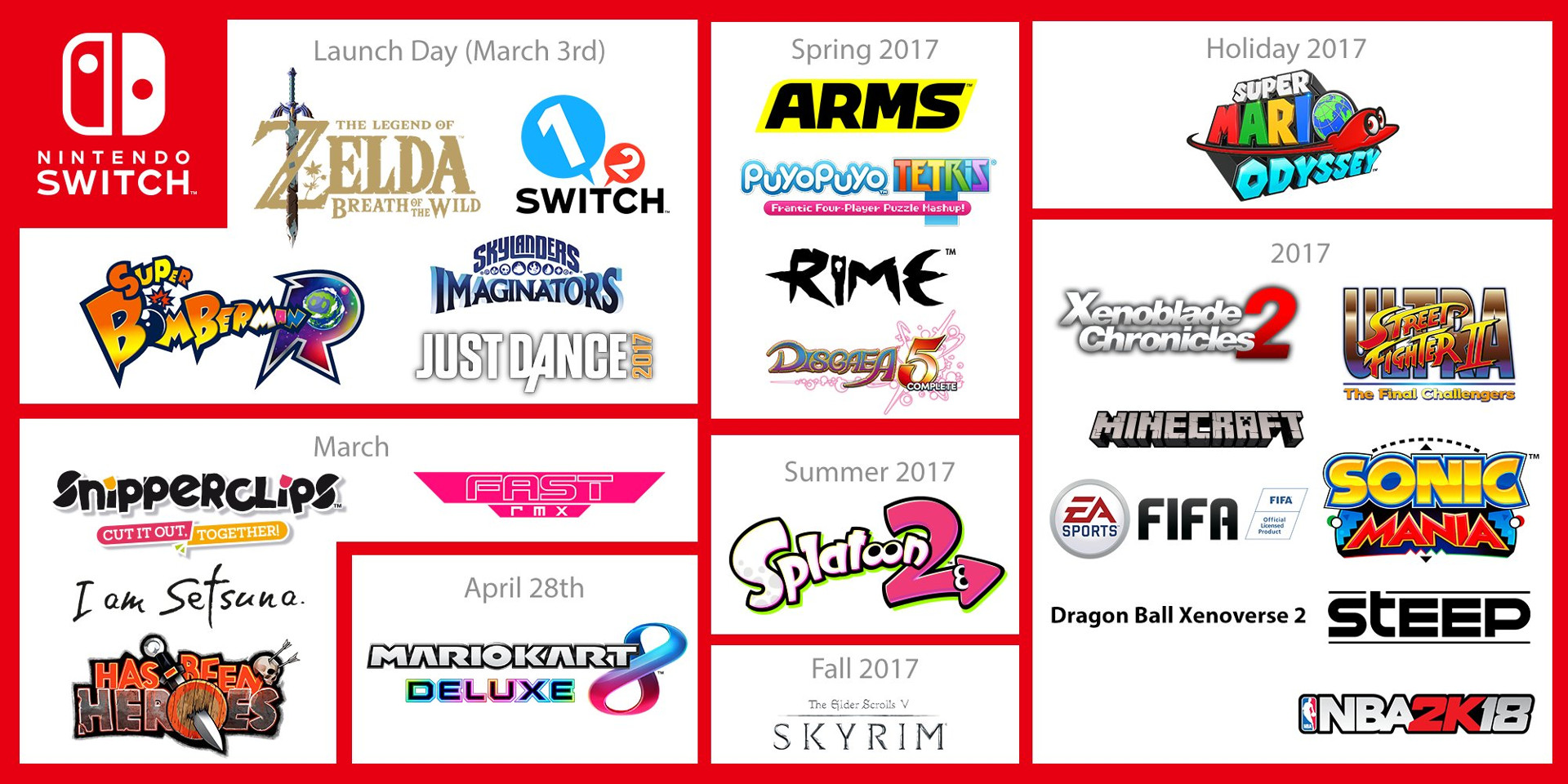
While the lack of titles specifically ready at the launch of the Nintendo Switch is concerning, the overall lineup of games announced thus far is actually rather impressive, with Shin Megami Tensei, Super Mario Odyssey, Zelda Breath of the Wild, Xenoblade Chronicles 2.
rn
rnThere’s also something to be said for spreading out your big releases to make sure you don’t flood the market immediately and leave people wanting more in the later months.
rn
rnThis is not to mention that it’s still possible that more, post-release game announcements are on the horizon, especially around the time of E3 and other like events. Give it some time (and maybe don’t pre-order it). -
Online Services (Not Yet)
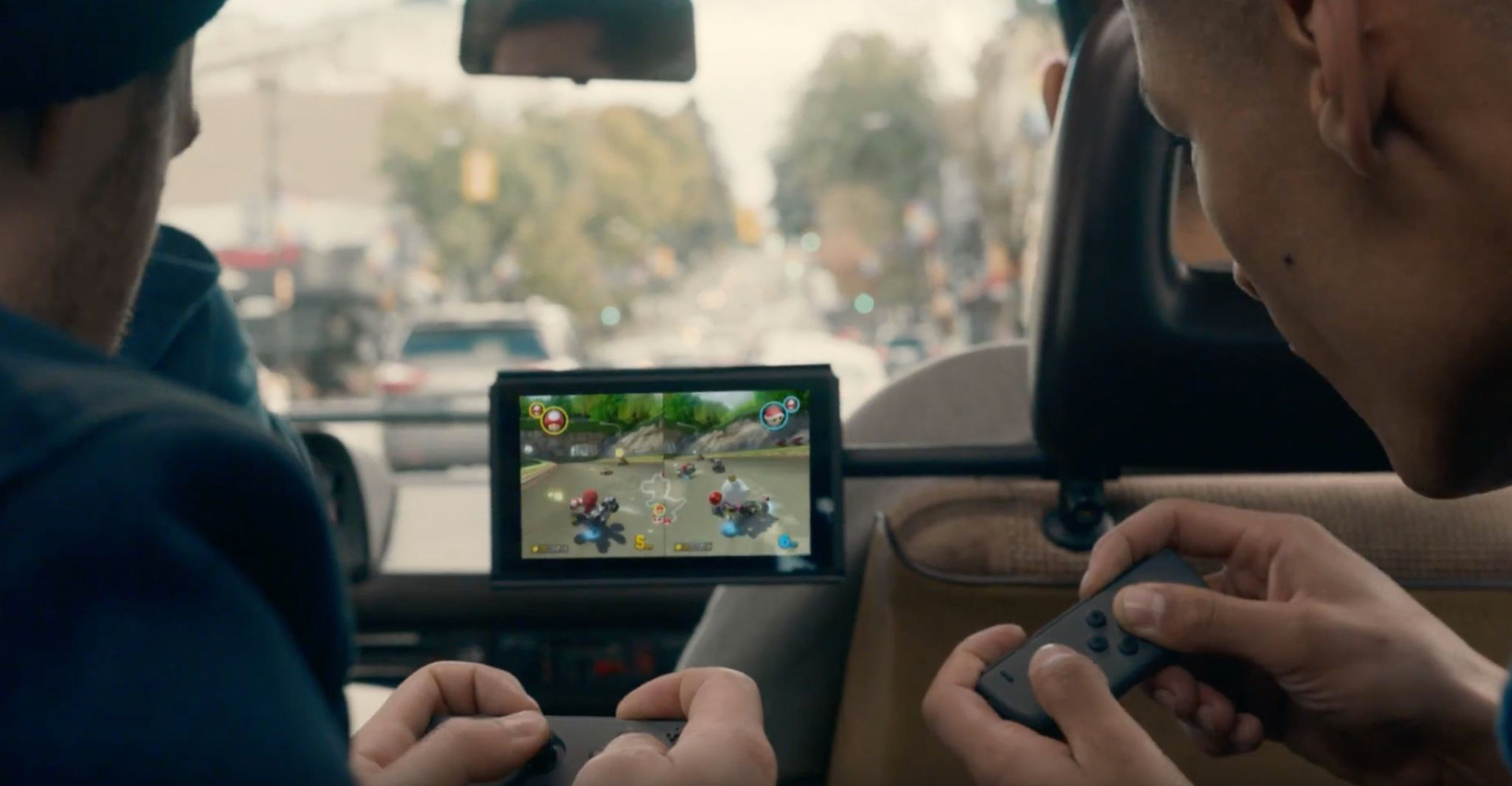
As of right now, I’m tentatively giving Nintendo the benefit of the doubt about their online services for the Nintendo Switch. In keeping with the times, the Nintendo Switch will be charging for its online services, effective Fall 2017, after a several-month-long free-trial period. But, the negative spin is that they’re charging for it at all.
rn
rnAlso, it appears the only bonus that comes along with it is one free NES game that you only get to play for a month, as opposed to PS Plus and Xbox Live Gold that lets you keep the free games they give you for as long as you keep their service.
rn
rnWhile this is rather concerning, I’m reserving judgement until we get a price for it. If it’s $50-$60 per year, like PS Plus or Xbox Live Gold, I’m out, and I will be grabbing my pitchfork like everyone else. However, if it’s somewhere in the $20-$25 per year range, that’s probably a worthwhile cost. We’ll see.
rn
rnAlso, we can’t forget that the Nintendo Switch has local multiplayer, making the idea of using its online services optional in many cases.
